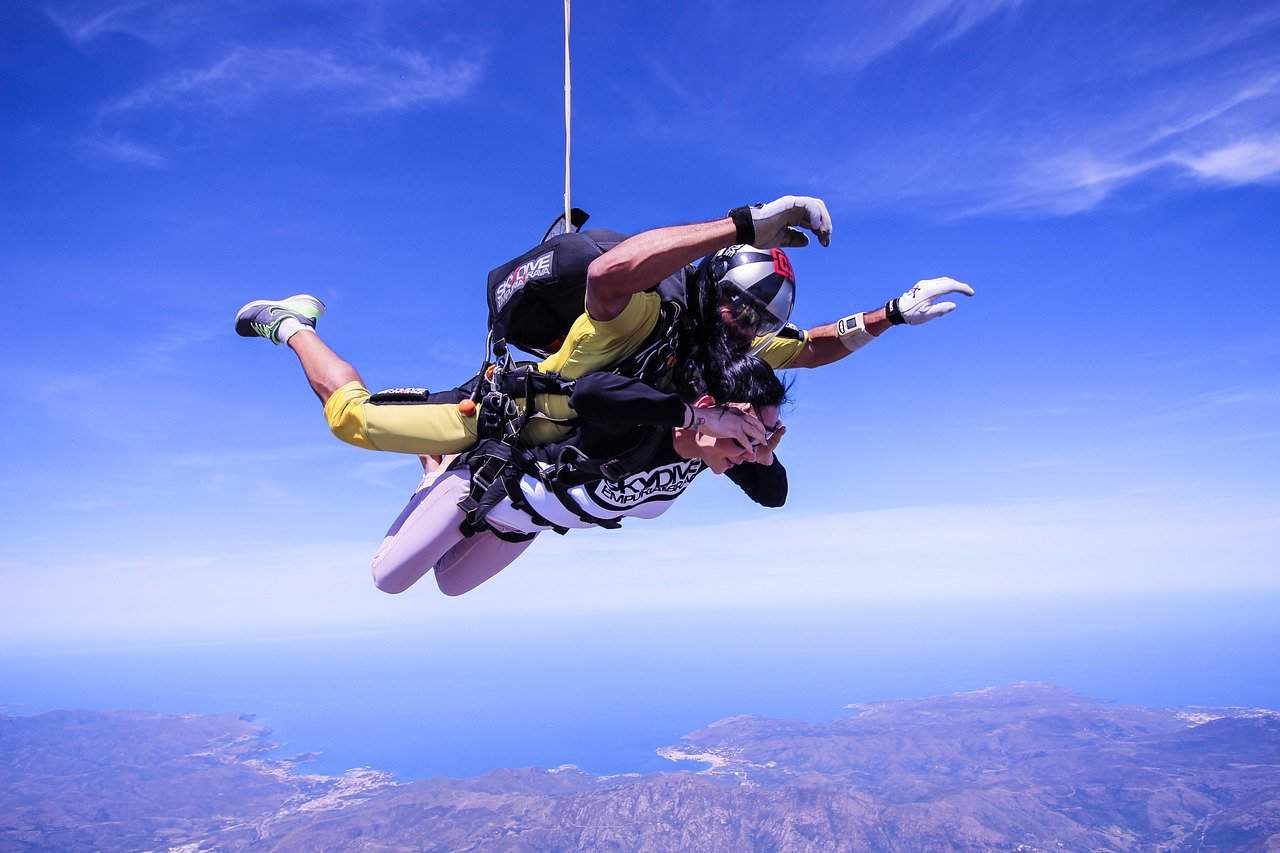


When you were using substances, how often did you do something that was dangerous? Did you get a little thrill out of breaking the laws, such as speeding or committing petty theft? Danger can give you a little rush, but it's usually behavior that will also stunt your growth. For many people who get clean and sober, leaving these aspects of their old life is almost as difficult as quitting using drugs and alcohol. This activity, called thrill-seeking, often signals that a person may be addicted to dangers as well as substances. Does this sound like you?
Are there certain behaviors you’re not ready to give up, even now that you’re sober? Living a life in recovery means that you’re going to have to give up negative behavior as well as alcohol or drug use.
Many people in recovery get clean and sober but keep “dirty” behaviors. They may flout the laws and drive aggressively. Or they may cheat on their taxes or even pocket your change if you ask them to get you a sandwich. Anything that gives you a little "rush" and could put you or somebody else in harm's way can be considered dangerous -- even surfing in dangerous conditions.
Thrill-seeking, dangerous behavior can be addictive for the same reasons that drugs and alcohol can. When you’re doing something dangerous, the reward center of your brain will go off as your body initiates fight-or-flight mode. This mode activates adrenaline, pumping your body with hormones and giving you a feeling of electricity, even if it’s just for a few moments.
Thrill-seeking behavior is considered a trigger for relapse. For one thing, “getting over” on somebody or committing minor crimes is still illegal. Eventually, you’ll get caught or do something that causes you to feel guilt or shame.
Here are some examples of thrill-seeking behaviors:
It may seem difficult to give up your thrill-seeking ways, but it’s an important part of recovery. You don’t do drugs anymore, and you know right from wrong. A little thrill here and there can add up to a lot of bad feelings or even harm your relationships in recovery.
Just like giving up drugs or alcohol, you will need to work your recovery program to help you establish new patterns.
If you’re not sure how to go about changing your behavior, speak to somebody in your recovery network, your sponsor or your therapist. The first step to recovery is admitting you can’t do it by yourself.
You’ll feel better in the long run if you are able to quit doing things that harm yourself or others.
In sober living, you’re accountable to others in the same household, who hold the same value that you’re trying to live. Live in a safe, positive environment while you get your feet on the ground in recovery. Contact us at 760-216-2077 to learn more about how we can help.
